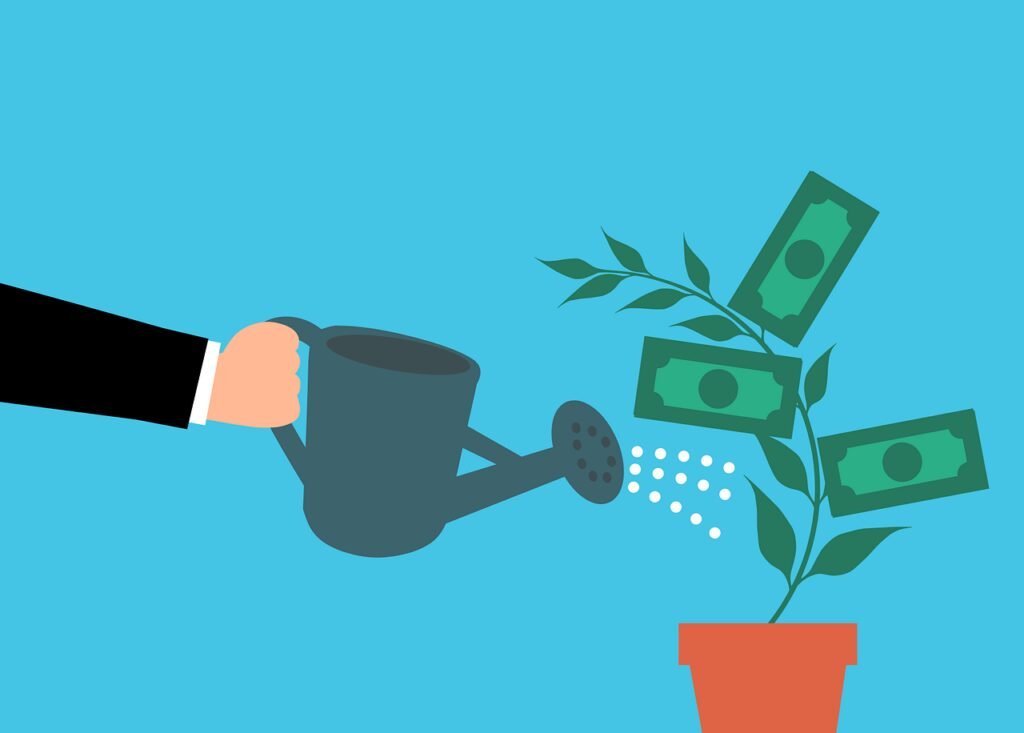Banking as we knew it is undergoing a serious makeover—and fintech is leading the charge. If you’ve ever transferred money with a tap, used an app to invest, or taken out a loan without stepping foot in a branch, you’ve already experienced fintech’s impact. But this revolution is only getting bigger in 2025. From reshaping how we save and spend to redefining trust and security, fintech is transforming the financial world in ways that affect everyone. Curious about what fintech really means, why it matters, and how it’s changing your money game? Let’s dive in.
What Is Fintech, Anyway?
“Fintech” is short for financial technology. It’s the blending of finance and digital innovation to improve, automate, and democratize financial services. Think mobile banking apps, peer-to-peer payments, robo-advisors, blockchain, and cryptocurrency—all fintech in action. These tools make money management faster, easier, and more accessible.
Why Fintech Is Exploding Now
Several factors are fueling fintech’s rapid growth: widespread smartphone adoption, advancements in AI and machine learning, increasing internet access, and changing consumer expectations. People want banking that’s instant, personalized, and frictionless—no long lines or confusing fees. Fintech startups and big banks alike are racing to meet these demands.
1. Mobile Banking Takes Center Stage
Gone are the days of visiting a bank branch for every little thing. Mobile banking apps let you check balances, pay bills, deposit checks, and transfer funds anytime, anywhere. Features like biometric login and real-time alerts make managing money safer and simpler. The best apps even use AI to offer budgeting tips and detect fraud.
2. Peer-to-Peer Payments Simplify Splitting Bills
Services like Venmo, PayPal, and Cash App have revolutionized how we send and receive money. Splitting dinner, paying rent, or sending gifts is now just a tap away—no cash, no checks. This ease and speed make everyday transactions painless and social.
3. Robo-Advisors Democratize Investing
Investing used to be intimidating and expensive. Robo-advisors change the game by offering automated, algorithm-driven investment advice at a fraction of traditional fees. They help you build diversified portfolios tailored to your goals and risk level, making investing accessible to beginners and pros alike.
4. Cryptocurrency and Blockchain Shake Things Up
Bitcoin, Ethereum, and other cryptocurrencies are more than buzzwords—they’re reshaping ideas about money and trust. Powered by blockchain technology, these digital currencies offer decentralized, secure transactions without traditional banks. While volatile, they open new possibilities for global payments, contracts, and asset ownership.
5. Buy Now, Pay Later (BNPL) Changes Spending Habits
BNPL services like Afterpay and Klarna let consumers split purchases into interest-free installments. This flexibility appeals to shoppers wanting to manage cash flow better. Retailers benefit from increased sales, but users should watch for overspending risks.
6. Personalized Financial Services via AI
AI and machine learning analyze spending habits, credit risk, and savings potential to offer personalized recommendations. This means tailored loans, credit cards, and savings plans that fit your unique profile—no more one-size-fits-all banking.
7. Enhanced Security with Biometrics and Encryption
Security concerns rise as digital banking grows. Fintech firms invest heavily in biometric authentication (fingerprints, facial recognition) and end-to-end encryption to keep your data safe. Fraud detection algorithms monitor unusual activity in real-time, protecting you before issues arise.
8. Financial Inclusion Expands Access
Fintech breaks down barriers for people underserved by traditional banks. Mobile wallets and microloans reach remote or low-income populations, offering banking for the unbanked and underbanked. This democratization of finance helps reduce economic inequality.
9. Seamless Integration with Everyday Life
Fintech integrates with other apps and platforms—from ride-sharing and online shopping to health and education—making money management part of your daily routine. Automatic savings from purchases or rewards programs that directly deposit cash back into your account are examples of this seamless experience.
10. Open Banking Empowers Consumers
Open banking allows third-party providers to access your financial data securely (with your permission), enabling innovative services like budgeting apps that pull info from multiple accounts. This transparency puts you in control of your financial ecosystem.
11. Challenges and Risks to Watch
Despite the perks, fintech isn’t without risks. Data privacy concerns, regulatory uncertainty, and cybersecurity threats require vigilance. Not all fintech apps are created equal, so research and use trusted providers.
12. The Future: What’s Next for Fintech?
Expect more AI-driven insights, wider adoption of blockchain beyond cryptocurrencies, and increased collaboration between fintech startups and traditional banks. Augmented reality (AR) and virtual reality (VR) could bring immersive financial education and planning experiences. Banking might become invisible—embedded naturally in everything you do.
Conclusion: Fintech’s Revolution Is Personal
Fintech is more than a tech trend—it’s redefining how we interact with money daily. By making banking more accessible, personalized, and efficient, fintech puts power back in your hands. Whether you’re managing budgets, investing, or just paying bills, fintech tools make it easier than ever. Embrace the change, stay informed, and get ready to navigate the future of finance with confidence.
FAQs
1. Is fintech safe to use?
Most reputable fintech services use advanced security measures, but always check reviews, privacy policies, and use strong passwords.
2. Do I still need a traditional bank account with fintech apps?
Many fintech apps partner with banks or offer FDIC-insured accounts, but it’s wise to understand how your money is protected.
3. Can fintech help improve my credit score?
Yes! Some apps offer credit monitoring and tips for improving your score, plus access to credit-building products.
4. Are cryptocurrencies a good investment?
Cryptocurrencies are highly volatile and risky. They can be part of a diversified portfolio but shouldn’t be your entire investment.
5. How do I choose the right fintech apps for me?
Identify your needs (budgeting, investing, payments), read user reviews, compare fees, and test free trials when possible.




